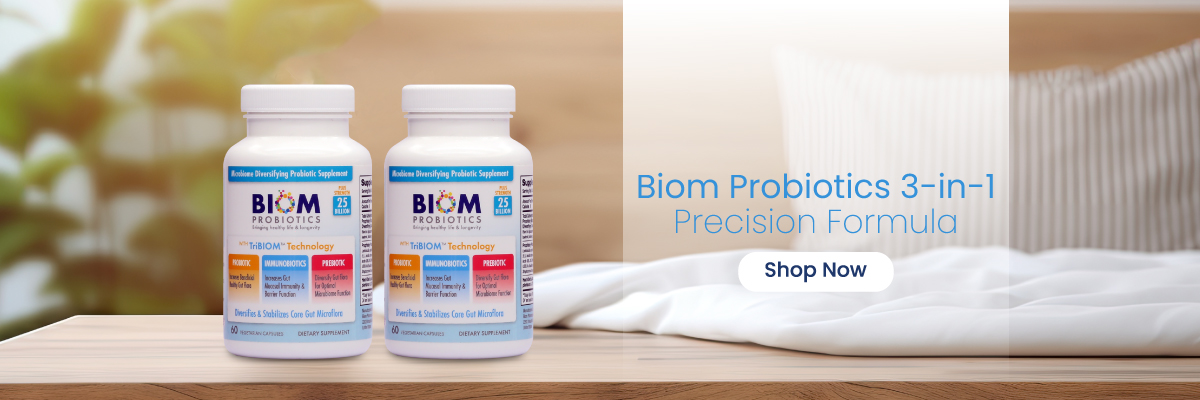Antibiotics have revolutionized modern medicine, saving countless lives by effectively treating bacterial infections. However, their use is a double-edged sword. While antibiotics are indispensable in combating harmful bacteria, they can also disrupt the delicate balance of the microbiome, leading to various health issues. Understanding the impact of antibiotics on your microbiome and how to mitigate these effects is crucial for maintaining overall health.
How Antibiotics Work
Antibiotics are designed to kill or inhibit the growth of bacteria. They target specific mechanisms within bacterial cells, such as cell wall synthesis, protein production, or DNA replication. This targeted action is effective against the bacteria causing an infection, but it doesn’t distinguish between harmful and beneficial bacteria.
The Impact on the Microbiome
- Disruption of Gut Flora:
- Antibiotics can significantly alter the composition of the gut microbiome by reducing the number of beneficial bacteria. This disruption can lead to an imbalance, known as dysbiosis, where harmful bacteria can outnumber beneficial ones.
- Short-Term Side Effects:
- Common short-term side effects of antibiotics include diarrhea, nausea, and stomach cramps. These occur because antibiotics disrupt the natural balance of gut bacteria, affecting digestion and nutrient absorption.
- Long-Term Consequences:
- Prolonged or repeated use of antibiotics can have long-term effects on the microbiome. Dysbiosis is linked to various chronic conditions, including irritable bowel syndrome (IBS), inflammatory bowel disease (IBD), and an increased risk of allergies and autoimmune diseases.
- Increased Susceptibility to Infections:
- The reduction in beneficial bacteria can weaken the immune system, making the body more susceptible to infections, including Clostridium difficile (C. diff), a severe intestinal infection that can occur after antibiotic use.
Mitigating the Negative Effects of Antibiotics
- Probiotic Supplementation:
- Taking probiotics during and after a course of antibiotics can help replenish beneficial bacteria in the gut. Probiotics support the restoration of the microbiome’s balance, reducing the risk of dysbiosis and associated side effects.
- Prebiotics and a Fiber-Rich Diet:
- Prebiotics are non-digestible fibers that feed beneficial bacteria. Consuming prebiotics and a diet rich in fiber helps support the growth of healthy bacteria, enhancing the recovery of the microbiome after antibiotic use.
- Avoid Unnecessary Antibiotic Use:
- Only take antibiotics when prescribed by a healthcare professional for bacterial infections. Avoid using antibiotics for viral infections, such as colds and flu, as they are ineffective against viruses and can contribute to antibiotic resistance.
- Hydration and Balanced Diet:
- Staying hydrated and maintaining a balanced diet rich in fruits, vegetables, whole grains, and lean proteins supports overall health and aids in the recovery of the microbiome.
- Post-Antibiotic Care:
- Continue taking probiotics for several weeks after finishing an antibiotic course to ensure the microbiome is fully restored. Regularly consuming fermented foods like yogurt, kefir, sauerkraut, and kimchi can also support gut health.
For a reliable and effective probiotic supplement to support your microbiome during and after antibiotic use, consider BIOM Probiotics 3-in-1, available at BIOM Probiotics. This advanced formula combines probiotics, prebiotics, and postbiotics to provide comprehensive support for your gut health, ensuring you achieve optimal wellness even during antibiotic treatments.





